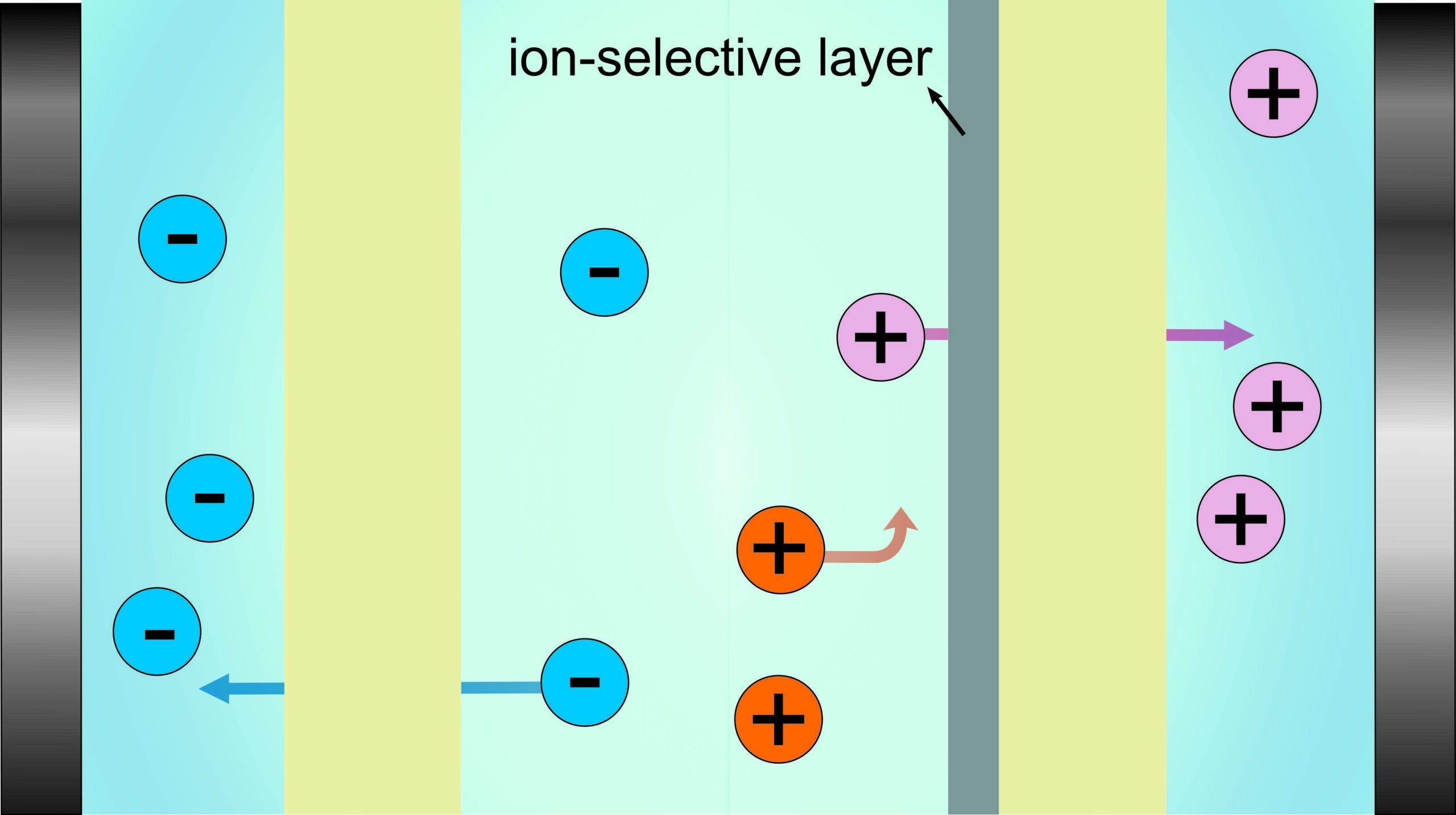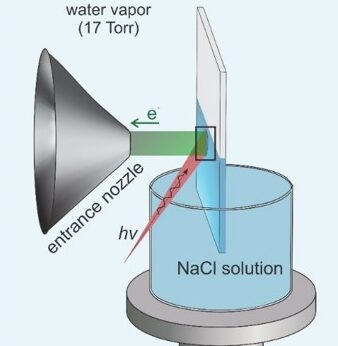
The interdependency between water and energy systems, so called water-energy nexus, was well-known for many decades but it recently became a topic of increasing attention for the scientific communities. Today, world’s energy system mainly depends upon water for cooling and other processes; similarly, energy is required for pumping, treating, desalinizing and distributing water. Population growth, increase in energy and land use, socioeconomic changes and a changing climate increase water demand and intensify the pressure on water and energy infrastructure. These problems are expected to be very acute. To make water and energy processes sustainable, our research team focuses on advancing membrane technologies for water and energy systems.
Our primary research interests focus on a complete understanding of membrane processes and phenomena, including transport, partitioning, selectivity, and fouling, which are crucially depends on knowledge of interactions of water and solutes with membranes. The key question we are trying to answer is: How does molecular scale interactions at interfaces and bulk of the membranes control macroscopic properties such as partitioning, fouling, water/solute transport and electrochemical performance?
Some of our current projects are:

Elucidating the role of water in selectivity of like-charged ions in commercial ion exchange membranes

Functionalizing commercial ion exchange membranes to enhance selectivity

Designing and in-situ characterizing a membrane-assisted electro sorption process